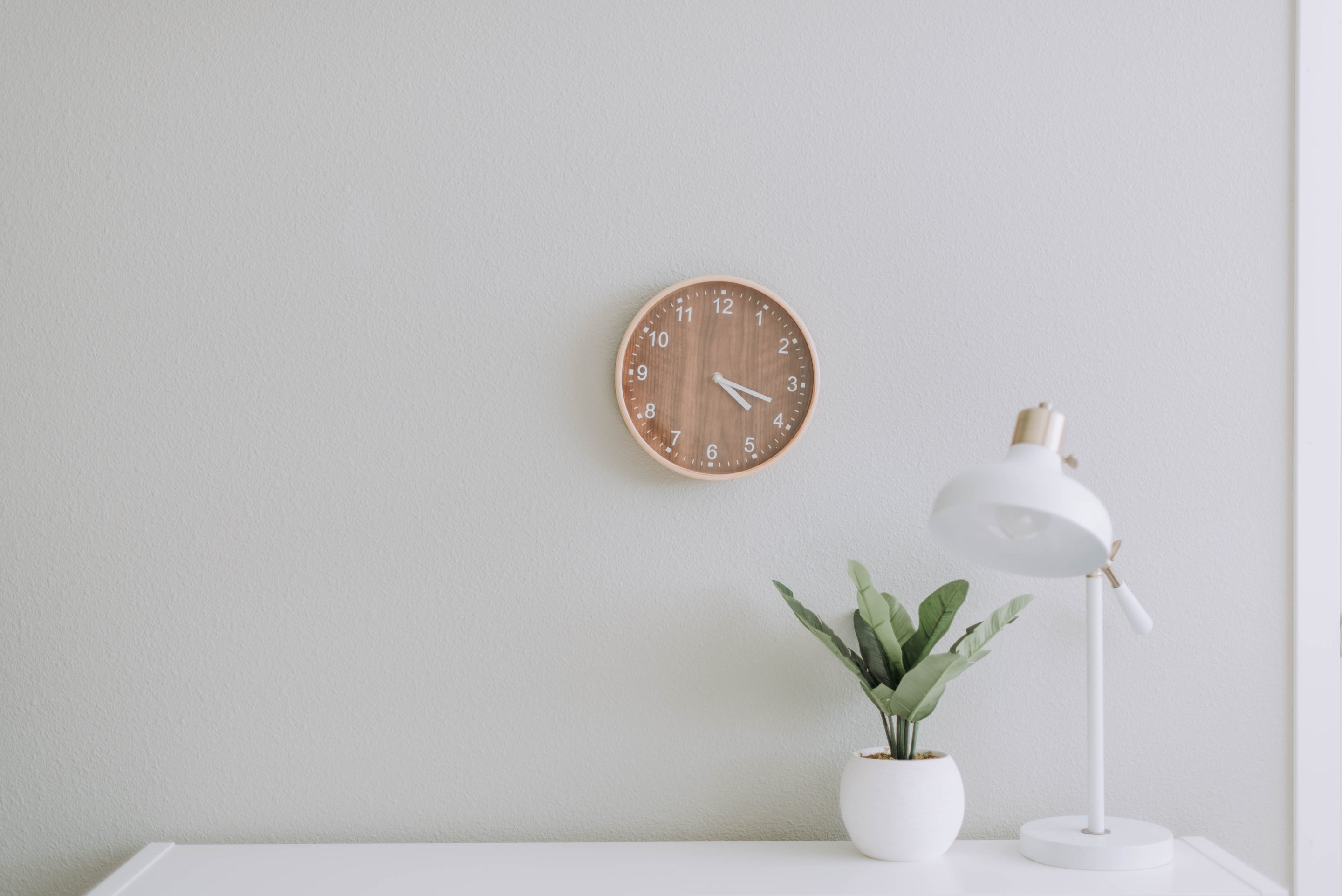Through the seasons of life, we gather trinkets and papers and goodies that end up following us around. It can be fun to decorate and collect, but when the stuff starts to pile up, it can quickly become a problem. The well documented enemy of peace is, in fact, clutter.
The impacts of clutter
More than you could even imagine, clutter exists mentally as much as physically. Clutter is associated with a lack of organization, which creates the constant nagging feeling that your space needs more from you. Feeling obligated to clean creates stress. Science shows that when you experience your living space as full of clutter, you are more prone to high levels of cortisol, the stress hormone. Living like that for an extended period of time could lead to chronic stress that bleeds into every aspect of your life.
Aside from the obligation to clean, clutter can be mentally damaging by distracting you. With a lot of visual stimuli, your brain has a harder time tracking what really matters, and concentrating on the task at hand. Creating a tidy environment is an easy way to improve wellness. Imagine how much more productive you would be without having to constantly remind your brain to refocus.
Clutter is also instrumental in maintaining the phenomenon known as “decision fatigue,” an ongoing exhaustion that occurs as a result of the endless string of decisions people face. Have you ever gone to the mall for one specific thing and been so overwhelmed by the hundreds of options that you went home with nothing? Have you ever frozen in the ice cream store because instead of 5 flavor options, there are 30? These are common experiences. Imagine how debilitating it is for your brain to have to sort through decisions like that all the time because you are surrounded by options. There are things to do, things to look at, and things to experience all around you all the time. Burnout can feel inevitable.
Of course, it is never as easy as simply writing off clutter as bad. Studies have also shown that busy spaces encourage creativity and innovation. More options means more roads to take, which is valuable. It is important to evaluate where your priorities fall. If you notice stress becoming an ever present part of your home life, consider applying some of the following strategies to help combat that anxiety. If you value creativity and pursue a cluttered, homey space, keep on doing what works best for you. There is no panacea for life.
What to do about it
This sounds incredibly daunting. Decluttering means going through stuff from years ago, and tackling a massive new project. Who needs another project right now? Start this process in bite sized pieces. A good first step is organizing your desk. This can get you started on the right foot.
Mayo Clinic’s recommendation against chronic clutter is just as easy as the process of accumulating it: just take 10 to 15 minutes at the end of the day to organize stray items and create order. This small step can help you feel like you have control over the process, and simplify your own life. The best motivation is success, so starting small can also help you see the effects of decluttering or cleaning in one space, and encourage you to continue the process in another.
The benefits of relaxation are many, and one way to bring them about is by cleaning. The process itself is not laborious, but has a high reward. There is a reason that Marie Kondo’s book “The Life-Changing Magic of Tidying Up” has a cult following and nearly 6 million sales. She challenges followers to eliminate clutter as a way of practicing self care. When you have no shame about your space, the annoying need to clean is tampered down, but you also give yourself a sense of pride. A clean space is directly connected to a person’s confidence. This creates an ongoing cycle of reward. When you clean, you feel confident and in control, which makes you more energized to clean. Basically, once you get started, you never look back.
